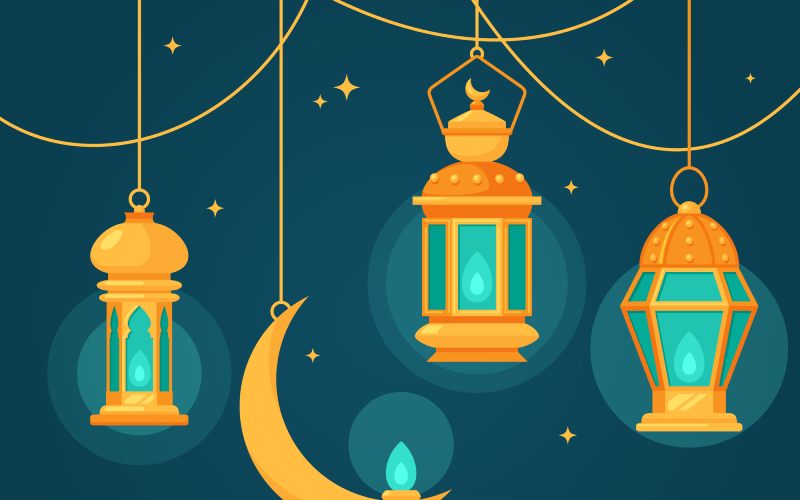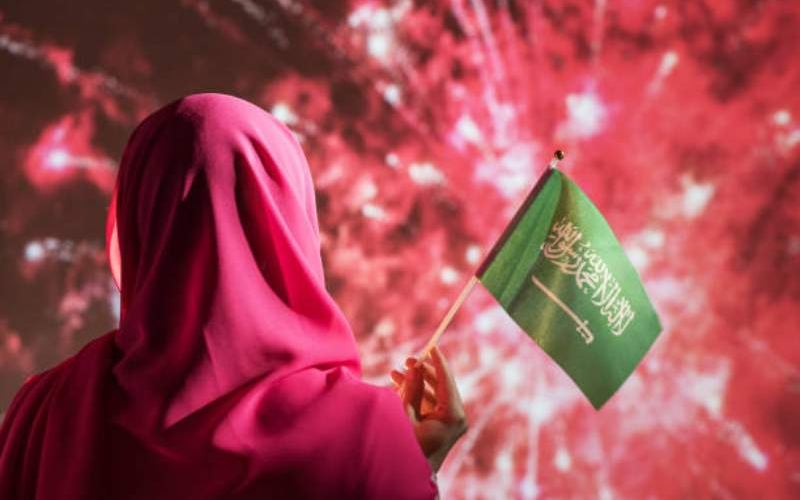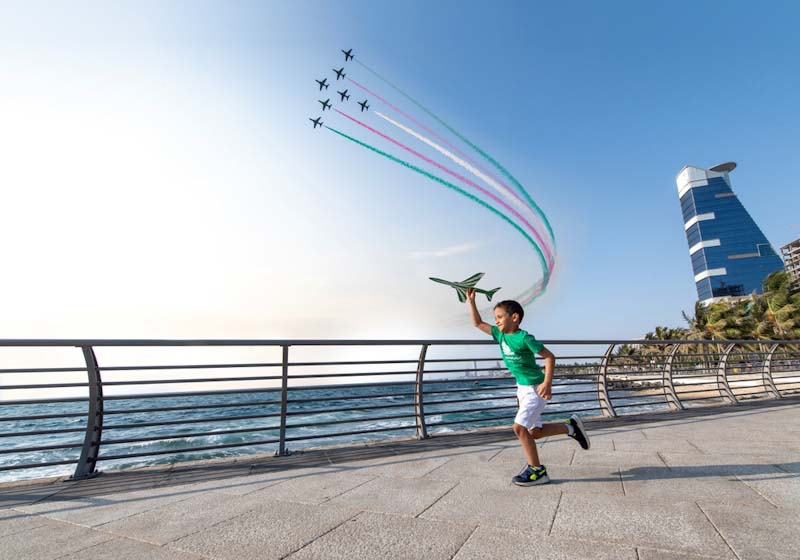The most revered holy month in Islam, Ramadan is here. Want to know what Ramadan is? What is the fasting time? And how is Ramadan in Saudi Arabia celebrated? We’ve got you covered.
A. Ramadan: The Holiest Month
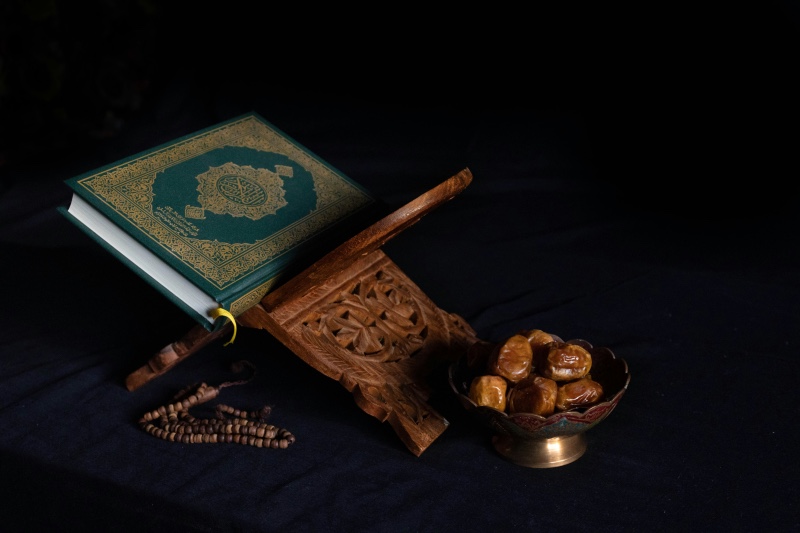
The ninth month of the Islamic calendar, Ramadan or Ramzan, is a period of self-reflection, spiritual connection, and compassion. Lasting for 29 or 30 days, Ramadan is one of Islam’s five pillars and a much anticipated time in the Lunar calendar. Muslims observe fasts from sunrise to sunset and then gather together to break the fast in Iftar (evening meal). They spend their days in prayers, donating to charity, and bonding with the community. It is a time to get rid of your sins, abstain from wrongdoings, and seek forgiveness from the Almighty.
The name Ramadan was earlier used for a scorching summer month. It comes from the Arabic verb ‘ramiḍa’, which means extremely hot or blazing. In some cultures, Ramadan is referred to as one of God’s names in Islam, and hence, one is asked to say ‘month of Ramadan,’ not just ‘Ramadan.’
Is Ramadan and Ramzan the same?
As per the Persian influence, many countries such as Afghanistan, India, Pakistan, and Turkey call this month as Ramazan (Ramzan).
What are the five pillars of the Islamic faith?
- Fasting
- Prayer
- Faith
- Charity
- Pilgrimage
B. When will fasting begin in Saudi Arabia?
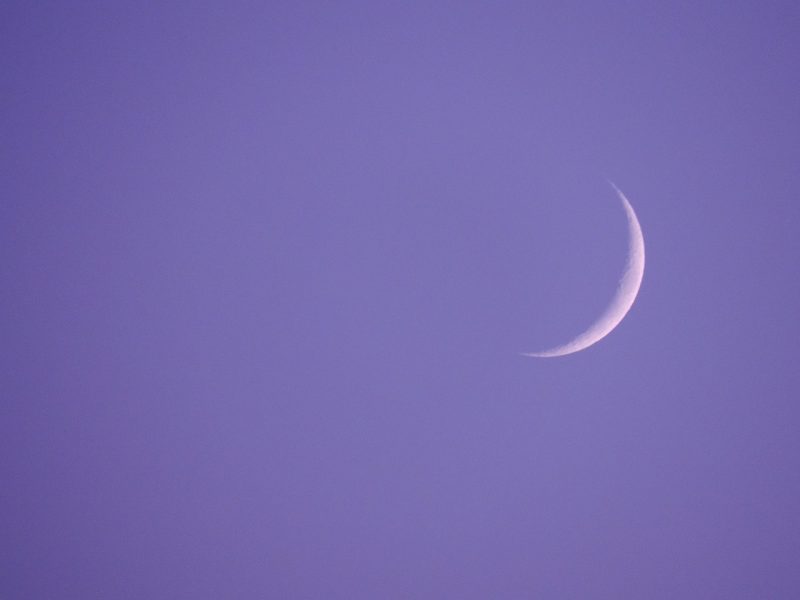
Ramadan fasting is based on the crescent sighting in Saudi Arabia. The fasting starts the next morning of the evening on which the moon is viewed. As the moon was sighted in Saudi Arabia on 10th March, the fasting began the next day for the rest of the world. But, certain countries from South Asia, such as Indonesia, Malaysia, and Singapore, and Australia, began Ramadan on Tuesday, as they saw the crescent moon on Monday.
C. Ramadan Sehri and Iftar Timings
Sehri |
Iftar |
|
|---|---|---|
| 04.39 am | 06.08 pm | |
| 05.04 am | 06.31 pm |
D. How do people observe Ramadan?
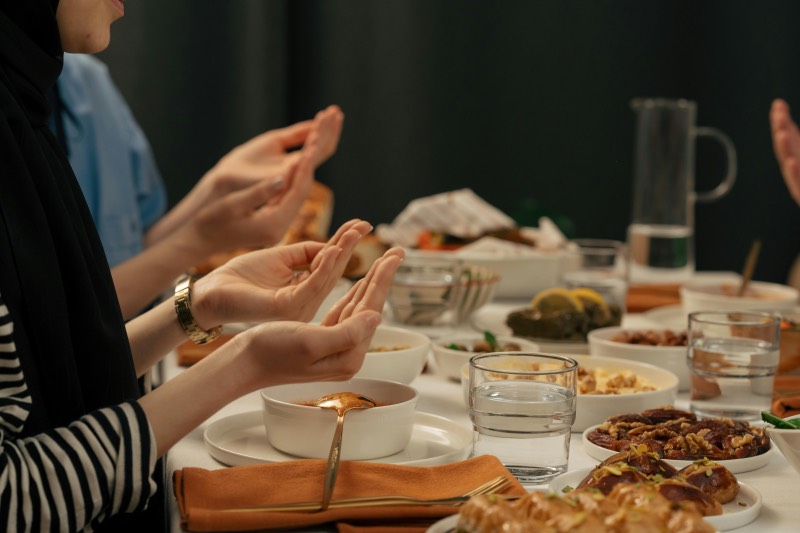
Muslims follow the sayings and deeds of the revered Prophet Muhammad. Traditionally, they break the fast as the Prophet did 1400 years ago, with dates and water. Following sunset prayers, there are lavish arrangements for a grand feast called Iftar. Families either sit down in their households or take to the public majlis or tents.
1. Suhoor and Iftaar
Before dawn, Muslims savor a pre-dawn meal called Suhoor. It’s a light but energizing meal to sustain them throughout the fast. At sunset, Muslims eagerly await the call to Maghrib prayer, which signals the end of the day’s fast. The entire day’s fast is broken with a meal called Iftar, which is often enjoyed with family and friends. Dates and milk are customary to break the fast, followed by a full meal after evening prayers. These are protein-rich diets to provide the right nourishment for the day.
2. Read Quran
Ramadan is more than merely fasting. People connect with their Almighty and recite prayers. Many took the oath to read the Quran completely during this period. Most importantly, this is the time when the Quran was revealed to the Prophet Muhammad for the first time. So, perusing this religious book holds extreme significance in this month to understand what’s right and wrong.
3. Wait for the call to prayer
Ramadan is a time to intensify prayer and connection with Allah. Muslims strive to perform their five daily prayers more diligently and attend special night prayers called Taraweeh prayers in mosques. These night prayers create a beautiful atmosphere of community and devotion where the important sayings of the Quran are read aloud.
4. Conduct charity (zakat) for the needy and poor
Ramadan is a time for generosity and compassion. Muslims are encouraged to practice Zakat, a mandatory charity that helps those in need, either through financial aid or feeding the hungry. Many Muslims also volunteer their time and donate food to ensure everyone can celebrate Eid al-Fitr, the joyous holiday marking the end of Ramadan. There are also several places where food arrangements are made so that even the impoverished can break their fast with a proper meal.
5. Self-Improvement
During the moments of fasting, people indulge in introspection and reflection. They spend their valuable time in soul cleansing and strengthening bonds with God. Fasting serves as a reminder of the importance of self-discipline and mindfulness in all aspects of life. Thwab (spiritual gains) are offered in abundance during Ramadan, and hence, Muslims refrain from any bad habits. They avoid smoking, abusing, gossiping, and other sinful deeds.
E. Important Dates in Ramadan
- There is a popular tradition where kids wear traditional clothes and visit their neighbors. These little ones wish the elder ones and get sweets, gifts, and money. This is called Gargee’an, which takes place on the 13th, 14th, or 15th night of Ramadan.
- On one night in the last ten days of Ramadan, believers indulge in a deeper form of worship. This is Laylat al-Qadr, the Night of Power, which is believed to be the night the Quran was revealed to Prophet Muhammad. Mosques stay open all night, with worshippers engaged in fervent prayers and seeking forgiveness. Besides the Quran, Muslims believe that all important scriptures were unveiled during this holy month.
- The grand holiday and celebration of Eid al-Fitr marks the end of Ramadan. The next month, Shawwal begins. Eid is one of the greatest festivals in Saudi Arabia, where the streets and buildings are embellished with lanterns and decor. Friends and families hug and greet each other. They gather for festive meals, happy laughter, and exchange gifts.
- One of the important practices during Ramadan is Zakat al-Fitr. It is a compulsory charity or donation before the end of Ramadan. Through this offering, needy, hungry and underpriviliged people can enjoy Eid like others.
F. Things to Do in Ramadan in Saudi Arabia
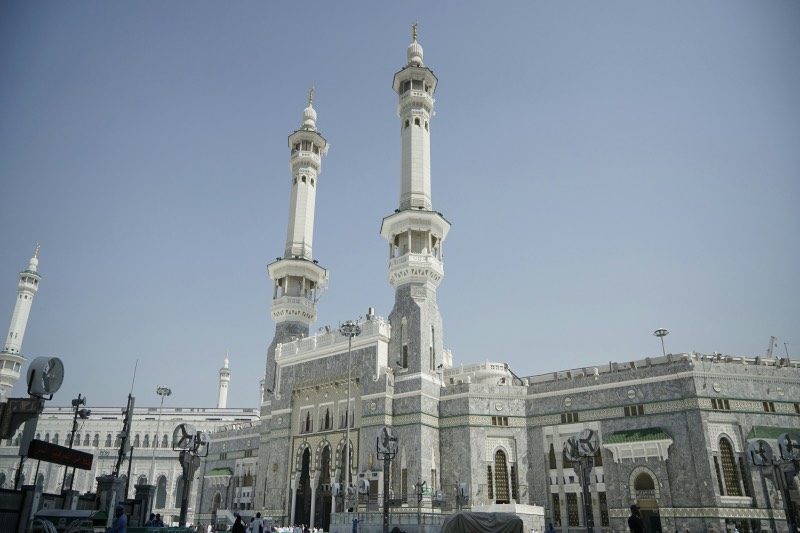
Are you apprehensive about visiting Saudi Arabia during Ramadan? The sighting of the crescent moon is the harbinger of Ramadan, and thereafter, the atmosphere in Saudi Arabia undergoes a transformation. The air is filled with spirituality, peace, and affection.
- It’s time to explore the authentic local traditions and religious practices. Towns and cities are adorned with lights and decorations. There’s a spirit of generosity and goodwill in the air.
- The day is quiet and contemplative, but the night-time transformation is worth the wait. One of the best things to do during Ramadan is to explore the night markets and stalls that buzz with the excitement and exuberance of locals. You can shop for traditional souvenirs, handicrafts, and memoirs.
- Take a historical tour of the landmarks of Saudi Arabia. There are umpteen Visit Al Tayebat International City in Jeddah, discover the National Museum of Saudi Arabia in Riyadh, and uncover the secrets of Diriyah.
- Witness the beauty of mosques, such as the Grand Mosque and Prophet’s Mosque. It offers a chance to admire Islamic architecture and the spiritual fervor of worshippers. Other historic mosques throughout the country are also especially beautiful during Ramadan, decorated with lights and filled with worshippers during Taraweeh prayers.
- In Saudi Arabia, Iftaar is a great time to connect with locals. They spread out a delicious range of dishes in a buffet style, including dates, salad, appetizers, main courses, and, most importantly, desserts. Delctant desserts, lamb kebabs, stewed lambs, rice pilaf, and roasted chicken. You can flock to banquets and join the group of thousands of diners.
- Don’t forget to enjoy retail therapy and shop in malls and markets.
G. Tips for Tourists During Ramadan in Saudi Arabia
- Be respectful of those who are fasting. Avoid eating, drinking, or smoking in public during the fasting hours.
- Businesses, attractions, and schools may have slightly reduced hours. So, plan accordingly.
- Dress modestly, especially when visiting religious sites.
- Many restaurants will be closed during the day, but they will be open for Suhoor and Iftar.
- One should apply for Umrah visa to go on pilgrimage. As Saudi tourism is at its peak, the Saudi eVisa is also introduced, allowing you to perform Umrah while exploring historical landmarks.
What should you wear during Ramadan in Saudi Arabia?
Saudi Arabia is a conservative country, and during Ramadan, it strictly follows a religious regulation. It is advisable to wear decent and full-body-covered clothes. Refrain from exposing your shoulders and knees, irrespective of man and woman.
For whom is Ramadan fasting not obligatory?
Although all adult Muslims are required to do fasting, there are specific groups that are freed from this obligation. It includes children, ill, pregnant or nursing, menstruating women, current travelers and the elderly. Overall, Ramadan allows ease for everyone to complete the fast without facing hardships.
Why does the date of Ramadan change every year?
An Islamic year is around 11 days shorter than a Gregorian year. This means the 12 months of the Islamic calendar add up to 354 days (not 365 days as the Gregorian calendars have), which makes it move backward in relation to the Gregorian calendar.
FAQs
On which day is Laylat al-Qadr?
Why do Muslims fast in Ramadan?
What is Ramadan's start date?
Can Muslims skip fast?
What day is Eid Al Fitr 2024?
Conclusion
Ramadan is a time of strong spiritual significance for Muslims worldwide. Through fasting, prayer, charity, and reflection, believers embrace the spirit of Ramadan and reaffirm their commitment to faith, community, and self-improvement.

A travel influencer, adventurer and blogger on a mision to dicover the hidden gems of this beautiful planet. For me traveling isn’t a hobby, but a way of living.

